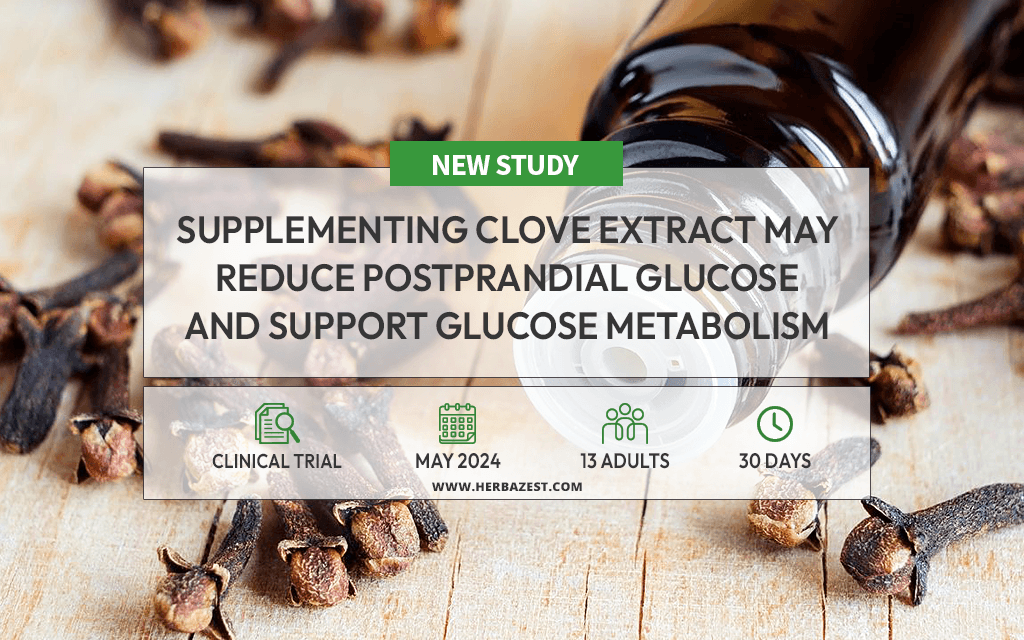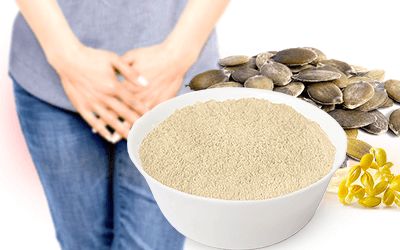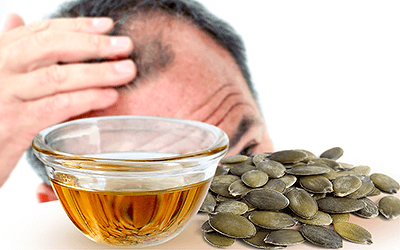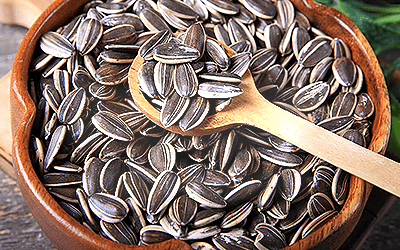Blood sugar management is a daily concern for millions, especially those at risk for or living with type 2 diabetes. While pharmaceutical options exist, the hunt for natural, plant-based alternatives is gaining momentum. Clove, a spice better known for flavoring holiday treats than improving metabolic health, is an intriguing new candidate.1 New research reveals that a concentrated, polyphenol-rich clove extract could be a surprisingly effective tool for supporting healthy glucose levels.
The Study
In a small open-label pilot study, 13 healthy adults were given a daily dose of 250 mg of polyphenolic clove extract after lunch for 30 days. Participants were divided into two groups based on their initial pre-lunch glucose levels: those with normal readings and those with slightly elevated (but not diabetic) levels.
Researchers measured both pre- and post-meal glucose levels over the month. To better understand how the extract might work, they also ran lab tests on muscle cells, liver cells, and digestive enzymes involved in breaking down carbohydrates.
The Results
The most dramatic effects were seen in post-meal blood sugar, with significant drops in both groups starting just 12 days into the trial. People with higher starting glucose also experienced reductions in pre-meal levels by day 24. Importantly, those with normal glucose to begin with did not see their blood sugar dip too low, a sign that the clove extract supports glucose balance, not drastic drops.
In the lab, the clove extract boosted glucose uptake in muscle cells, lowered sugar production in liver cells, and slowed down enzymes that help digest carbs.
What Does this Mean?
This study suggests that polyphenolic clove extract may help regulate blood sugar through multiple pathways: enhancing insulin sensitivity, slowing carbohydrate digestion, and reducing liver sugar production. That's big news for people looking to manage their glucose naturally, especially those in the early stages of glucose imbalance.
While the evidence is compelling, more extensive trials are needed to better understand the exact mechanisms, safety, and optimal dosage of cloves for blood sugar support. As research continues, other polyphenol-rich foods, such as blueberries, black beans, and walnuts, may also offer similar benefits.
Sources
- BMC Complementary Medicine and Therapies, Water-soluble polyphenol-rich clove extract lowers pre- and post-prandial blood glucose levels in healthy and prediabetic volunteers: an open label pilot study, 2019
Footnotes:
- Nigerian Journal of Physiological Sciences. (2018). Effects of Clove and Fermented Ginger on Blood Glucose, Leptin, Insulin and Insulin Receptor Levels in High Fat Diet Induced Type 2 Diabetic Rabbits. Retrieved March 27, 2025, from https://pubmed.ncbi.nlm.nih.gov/30091738/




